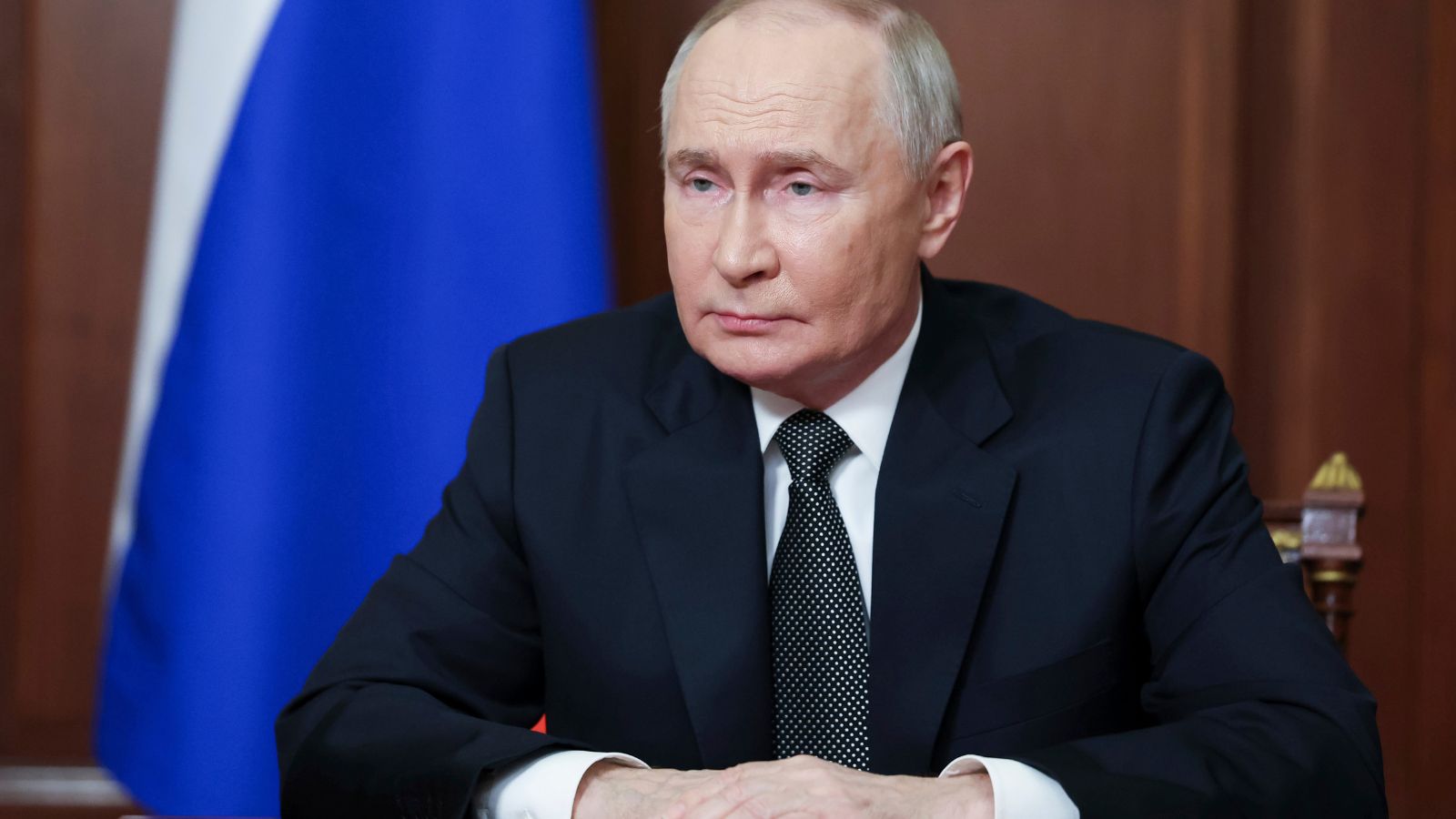Hunter Biden was due to be sentenced in December, facing potential prison terms of up to 25 years for the gun charges and 17 years for tax offences.
In a move that has surprised many, US President Joe Biden has issued a sweeping pardon for his son, Hunter Biden, reversing his earlier promise not to intervene in his son’s legal troubles.
The pardon, announced on Sunday, covers Hunter Biden’s convictions for gun and tax offences, as well as any other federal offences committed or potentially committed between 1 January 2014 and 1 December 2024.
The decision marks a significant shift for Biden, who had previously vowed to restore respect for the rule of law and pledged he would not pardon his son. “No reasonable person who looks at the facts of Hunter’s cases can reach any other conclusion than Hunter was singled out only because he is my son — and that is wrong,” the president said in a statement,
What is a presidential pardon?
Under the US Constitution, the president has the power to grant clemency, which can include pardons and commutations. A pardon forgives federal crimes entirely, while a commutation reduces penalties without erasing the conviction. The power, derived from English law, is broad, allowing presidents to address various offences. However, it is limited to federal crimes and does not cover state offences or impeachment convictions.
Presidents frequently use this power. Barack Obama granted clemency 1,927 times during his two terms, while Donald Trump issued 237 acts of clemency during his presidency.
Hunter Biden’s convictions
In June, Hunter Biden was convicted of lying on a federal gun purchase form in 2018 by falsely claiming he was not using drugs. He later pleaded guilty to failing to pay at least $1.4 million in taxes, despite living extravagantly, spending money on luxury hotels and other indulgences.
Both cases stemmed from a period in Hunter Biden’s life when he struggled with drug addiction. Now sober for over five years, he had initially agreed to a plea deal to avoid further trials, aiming to spare his family embarrassment. However, that deal fell apart, and he was subsequently indicted.
Hunter Biden was due to be sentenced in December, facing potential prison terms of up to 25 years for the gun charges and 17 years for tax offences. Federal guidelines, however, suggested he might have avoided incarceration altogether.
Why did Biden change his mind?
Earlier this year, Biden insisted he would not pardon his son, expressing pride in Hunter for overcoming addiction. As recently as November, White House Press Secretary Karine Jean-Pierre reiterated this stance.
In his Sunday statement, Biden explained that Hunter had been “selectively, and unfairly, prosecuted.” The president suggested that political adversaries had unduly influenced the process. “There has been an effort to break Hunter — who has been five and a half years sober, even in the face of unrelenting attacks and selective prosecution,” Biden said. “In trying to break Hunter, they’ve tried to break me. Enough is enough.”
Biden, no longer running for re-election, appeared less constrained by political optics. He also highlighted discrepancies in how similar cases are handled for other defendants, calling the treatment of Hunter Biden unjust.
Presidential pardons for family and allies
Biden is not the first president to use pardoning powers for those close to him. Donald Trump pardoned Charles Kushner, father of his son-in-law Jared Kushner, and multiple allies involved in the Russia investigation. Bill Clinton pardoned his half-brother Roger Clinton for drug charges and his former business partner Susan McDougal for her role in the Whitewater controversy.
The move has reignited debates about the ethical boundaries of presidential pardon powers and whether Biden’s decision aligns with his pledge to uphold the rule of law.







Leave a Reply